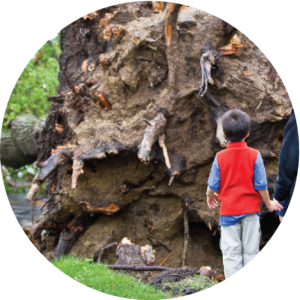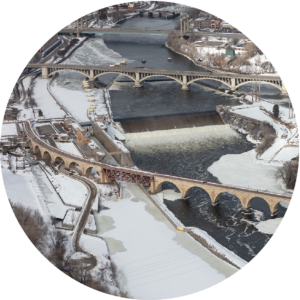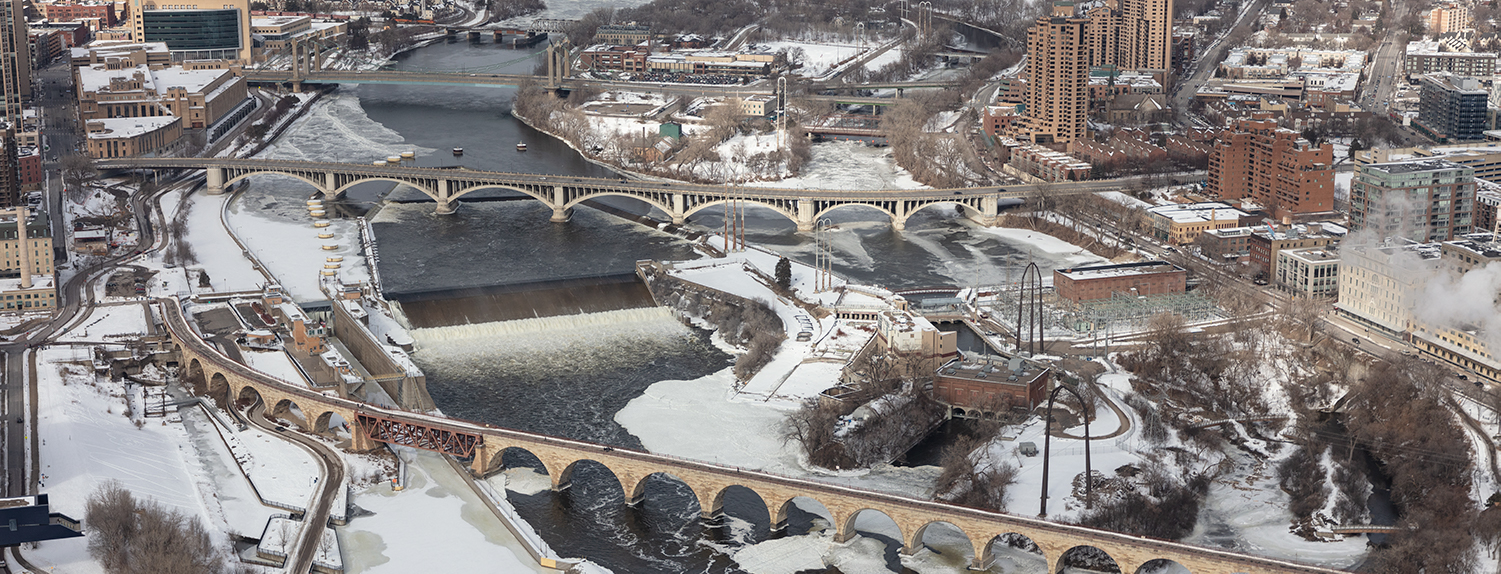
Climates of Inequality: Stories of Environmental Justice
Follow teams of students, educators, and advocates as they confront their city’s history of environmental inequality—and how its legacies are fueling the climate crisis.
This project
This project is a collaboration of over 500 students, educators, and environmental justice advocates in 22 cities.
The climate crisis isn’t new for those it most severely impacts—Indigenous communities, people of color, and low-wage earners. It’s a continuation of disproportionate environmental harms they’ve resisted for generations.
Help share the histories local frontline communities tell of confronting environmental racism. By building global consciousness of this past, we can shape equitable and just climate solutions that remember and redress past harms.
Twin Cities: Engaging Community and Confronting Environmental Injustice
Minnesota has some of the worst racial disparities in the nation and a history of Indigenous dispossession and disempowerment. Industrial capitalism is a slow violence aimed at vulnerable populations. We focused on how to center community voices in forming more equitable and accountable policy.
Learn about the problem, its roots, solutions, and perspectives in Minnesota
Climas de Desigualdad: Historias de justicia ambiental
Acompaña a varios equipos de estudiantes, educadores y activistas que hacen frente a las historias de desigualdad ambiental de sus ciudades — y cómo los legados de las mismas avivan la crisis climática.
Este proyecto
Este proyecto resulta de una colaboración entre más de 500 estudiantes, educadores y activistas en justicia ambiental en 22 ciudades.
La crisis climática no es nada nuevo para aquellas personas que se ven más gravemente afectadas: comunidades indígenas, gente de color y personas de bajos ingresos. Es una continuación de los desproporcionados daños ambientales que estos grupos han resistido durante generaciones.
Ayudemos a compartir las historias que relatan las comunidades de primera línea acerca de su lucha contra el racismo ambiental. Al crear una conciencia global sobre dicho pasado, podremos trazar soluciones equitativas y justas que recuerdan, y rectifican, los daños cometidos.
Twin Cities: Participar con la comunidad en la lucha contra la injusticia ambiental
En Minnesota se observa el mayor nivel de desigualdad racial del país y una historia de expropiación y privación de la comunidad indígena. El capitalismo industrial ejerce una violencia lenta contra las poblaciones vulnerables. Nuestro enfoque se dirigió a centrar las voces comunitarias en la formación de políticas más equitativas y responsables.
Conozca el problema, sus raíces, soluciones y perspectivas en Minnesota
-
Do resources have their own rights?
The Rights of Manoomin (Wild Rice)
Protecting wild rice and water quality at White EarthImage credit: Brett Whaley
-
What is mutual aid?
Environmental Racism in the Aftermath of Natural Disaster
Recovering from the 2011 tornado in North MinneapolisImage credit: Tony Webster
-
Who benefits from redevelopment?
Harboring Equity at the Upper Harbor Terminal
Advocating for community access to natural resourcesImage Credit: Myra Billund-Phibbs
-
What comes after industry?
Ford’s Fate: Community Confronts Capitalism
Remediating soil and rebuilding economy in St. PaulImage credit: Tony Webster
-
What is an environmental justice neighborhood?
Drowning Our History: Minneapolis’s Water Yard Agenda
Fighting air and soil pollution in East PhillipsImage credit: Avian Ciganko-Ford
Panel Discussions
Join us for virtual panel discussions on Zoom exploring exhibit themes with community organizers and partners.
Landscapes of Environmental Justice: Bridging Past and Present
Tuesday, March 16, 7-8:30 pm
An introduction to environmental justice challenges in the Twin Cities through a storytelling lens and focusing on first-person narratives. Moderated by Michelle Garvey, Program Director, Environmental Justice, HECUA. Co-sponsored by Heritage Studies and Public History, University of Minnesota. This event has passed, but you can rewatch the discussion here or read the follow-up blog post here.

University-Tribal Partnerships to Support Sovereignty and Environmental Justice
Wednesday, April 14, 7-8:30 pm
This discussion focuses on manoomin/psiη (wild rice) and collaborations including First We Must Consider Manoomin / Psiη (Wild Rice), which brings together tribes, intertribal treaty organizations, and University of Minnesota faculty, staff, and students. Moderated by Mike Dockry, Citizen Potawatomi Nation and Assistant Professor, Forest Resources, University of Minnesota. Co-sponsored by the Department of Forest Resources, University of Minnesota. This event has passed, but you can rewatch the discussion here or read the follow-up blog post here.
Learning from the Past: Environmental Justice and Transportation Corridor Planning
Wednesday, May 5, 7-8:30 pm
A conversation about how people are responding to social and environmental justice questions raised by freeway alignment projects in the past. Moderated by A Public History of 35W. Hosted by Hennepin History Museum and co-sponsored by the Bell Museum. This event has passed.
Virtual Programming
Tune in to our virtual, pre-recorded programming to learn more about environmental justice.
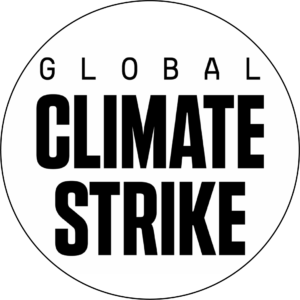
Interview with Juwaria Jama and Savannah Wery
Members of Youth Climate Strike and the University of Minnesota Climate Strike, Juwaria Jama and Savannah Wery share their experiences as young climate activists who work to address issues of environmental justice.
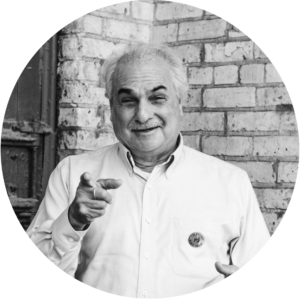 Interview with Jack Reuler
Interview with Jack Reuler
Jack Reuler from Mixed Blood Theater discusses how performance and theater can be useful tools for community outreach and bringing awareness to environmental issues.
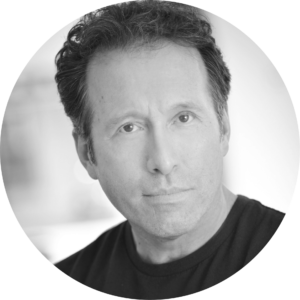
Interview with Raul Ramos
Through his art, Raul Ramos uses theater to combat inequality and bring awareness to issues of climate change and climate justice. In this interview, Ramos talks about his experience as a resident artist at Mixed Blood Theater.
 We Are Water Protectors, Storytime
We Are Water Protectors, Storytime
Written by Carole Lindstrom, We Are Water Protectors is an inspiring story about water protection, environmental rights, and an Ojibwe girl who fights against the Dakota Access Pipeline.
Twin Cities, MN partners
University of Minnesota Twin Cities
Center for Earth, Energy and Democracy (CEED)
Higher Education Consortium for Urban Affairs (HECUA), Program in Environmental Sustainability
Climates of Inequality is a project of the Humanities Action Lab. Learn more at humanitiesactionlab.org
It was made possible in part by Geraldine R. Dodge Foundation, the Andrew W. Mellon Foundation, Rutgers University-Newark School of Arts and Sciences.
Header image credit: Carol M. Highsmith, Courtesy of the Library of Congress, Prints & Photographs Division (LC-DIG-highsm- 63052)


